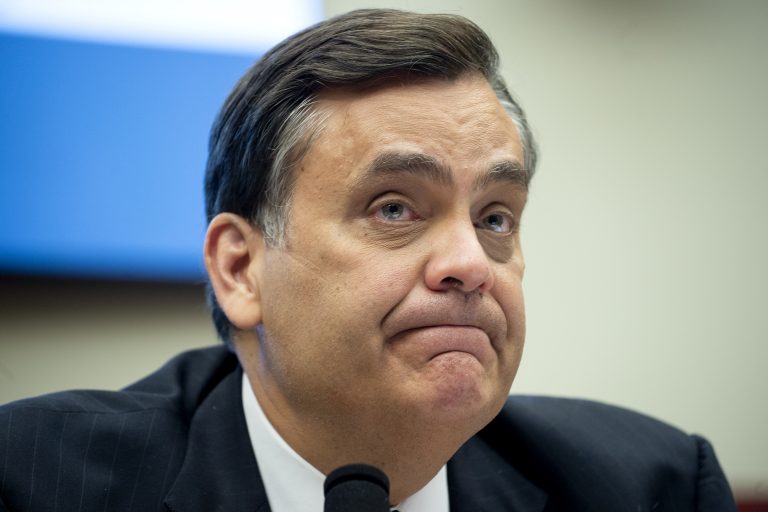Libertarian Jonathan Turley, a law professor at George Washington University, has called for a federal commission investigation into the 2020 election, pointing out that almost half the country views the election results with suspicion. In an op-ed, the professor stresses the fact that the commission should not be like the usual “placebo” commissions, aimed at convincing voters that answers to their questions and changes to the problems are on the way.
Turley wants “an honest-to-God, no-holds-barred” federal commission to investigate the highly disputed Nov. 3 election. He gives three reasons as to why such a ‘real’ commission is needed:
- There was an unprecedented use of new voting systems and processes as well as large-scale mail-in voting. They need to be reviewed “down to the smallest precincts and hamlets” so that any suspicious activity can be identified and investigated.
- Though he hasn’t seen any proof of systemic fraud, he accepts that there were numerous issues like differences in rules regarding voting and tabulation, several incidents of uncounted votes, and loss of custodial information.
- Finally, tens of millions of voters feel that the election was stolen. Though Turley is not one of these people, he warns that the integrity of the election process depends on how much trust the people have in the electorate. Many allegations of election fraud were dismissed without properly disproving it, thus resulting in disharmony in the nation.
A “real” federal commission “should be formed on a commitment of absolute transparency with public hearings and public archiving of underlying material before the issuance of any final report. That way, the public at large can analyze and contribute to the review of this evidence… The main challenge, however, remains the same: Whether Congress can appoint a real federal commission without rigging the result by appointing partisan members,” Turley says in the article.

Republican Senator Ron Johnson has also pushed for an investigation into election irregularities, but he believes it must be by the states. He said legislatures need to “fully investigate the irregularities in their states, reassert their authority over federal elections, and establish controls to restore confidence in our election system. The solution lies in the states, not with the federal government.”
Johnson chairs the Senate Homeland Security and Governmental Affairs Committee and held the only federal hearing on election irregularities. He warned that should a transparent, thorough explanation of the irregularities and fraud not be provided to the public, the future of the nation will be at risk.
Success
You are now signed up for our newsletter
Success
Check your email to complete sign up
In November, the Chairman of Federal Election Commission (FEC), Trey Trainor, agreed that the 2020 presidential race was witness to fraud. He also remarked that clearing the questions raised by the Trump campaign is critical to maintaining the legitimacy of the presidency.
Meanwhile, new findings are surfacing to strengthen the case of election fraud. On Nov. 4, one day after the election, Richard Barron, director of elections for Fulton County, Georgia, said they had adjudicated 106,000 of the total 113,130 ballots that were scanned that day. According to Justin Mealey, a data scientist with the Data Integrity Group, a feat like that is impossible. “When we talk to people who were adjudicators, we asked, what’s the fastest [time] you can adjudicate a ballot? It’s about 30 seconds. It’s about the fastest you can adjudicate a ballot… Then that’s basically two [ballots] per minute. And you’re saying 106,000. I think that’s like, you know, 53,000 ballots come out to about 883 man-hours to do that… It’s physically impossible to adjudicate that many ballots one by one. Because they could have started their adjudication on November 3, and they would maybe get through about 58,000 — today. So how could you do 106,000?” Mealey said on the NTD program American Thought Leaders.
Follow us on Twitter or subscribe to our email list
















